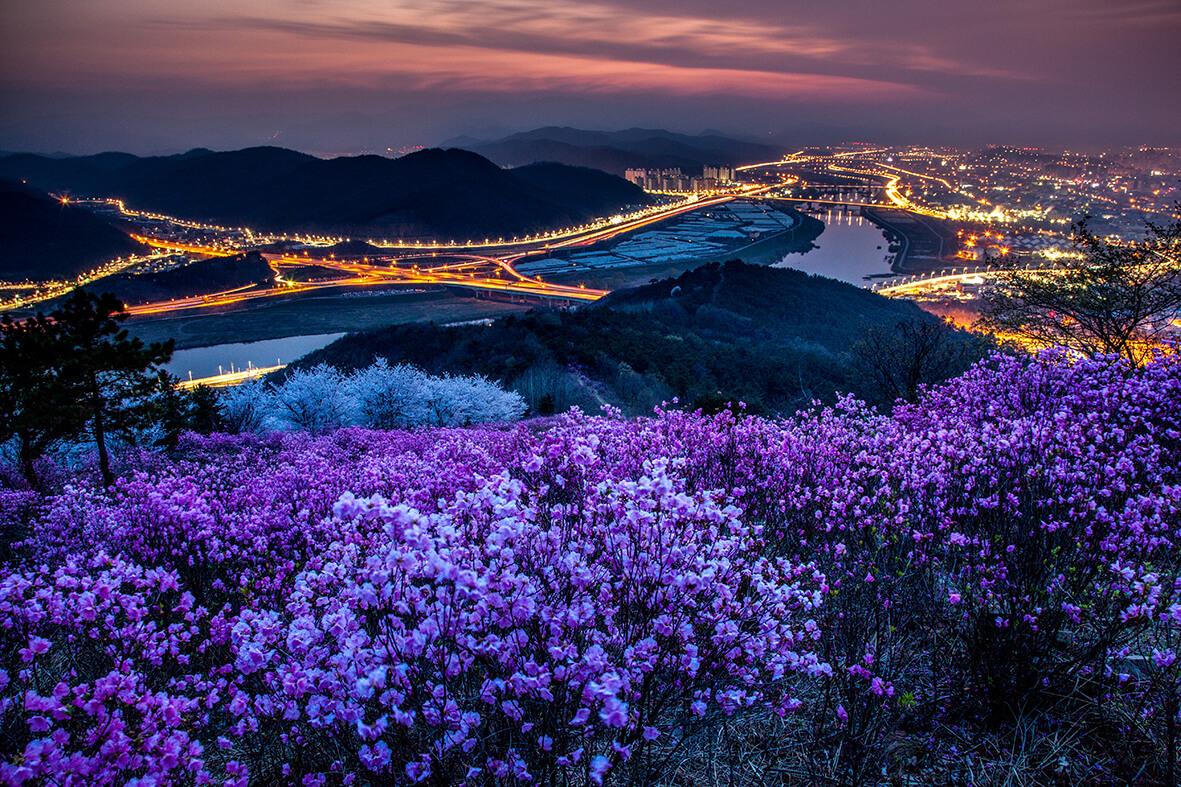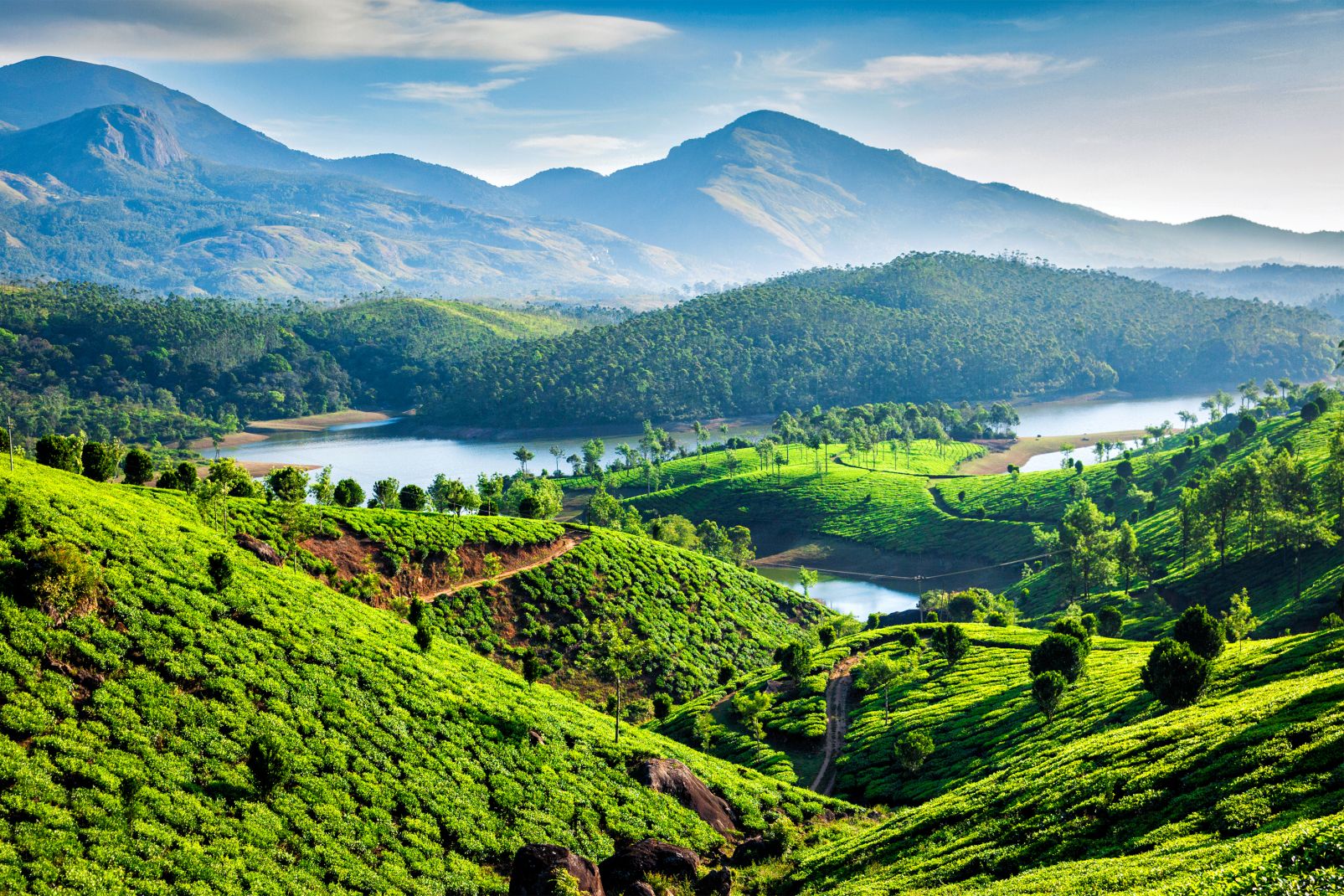The Vibrant Cultural Centers
Daegu is renowned as South Korea’s “City of Culture” with its numerous art galleries, theaters and museums showcasing the city’s rich cultural heritage. Some of the top attractions include Daegu National Museum, housing treasures from the region’s historic past. Nearby is the Daegu Art Museum displaying both classical and contemporary Korean artworks. For a modern cultural experience, the Daegu Arts Center complex is home to performance venues, a library and exhibition halls. It has become a hub for major concerts, dance productions and other artistic events in the city. Not far away is the Daegu Tradition Market, where traditional Korean crafts and performing arts can be seen. Visitors can interact with artisans and learn about Daegu’s intangible cultural assets.

The Bountiful Local Cuisine
No trip to Daegu is complete without indulging in its famous local delicacies. Top of the list are gopchang (grilled small intestine) and makchang (grilledlarge intestine), which are staples in many barbecue restaurants around the city. For a true local dining experience, head to Anjilang in the city center, renowned for its numerous intestinal eateries. Other specialties include Daegu bibimbap - a signature hot pot rice bowl mixed with assorted local vegetables. Seafood lovers should seek out Daegu’s freshwater fish served raw or grilled, straight from the city’s rivers. Local bakeries are also famous for mooncake-like hotteok - a pancake filled with sweet bean paste. With its thriving food culture, Daegu is indeed a gastronomic paradise waiting to be explored.
Outdoor Activities Amongst Natural Beauty
For eco-tourism and outdoor recreation, the Palgong Mountain range surrounding Daegu offers scenic hiking trails through forests and valleys. A popular route is the Palgongsan Provincial Park trail winding up to a temple complex perched on the mountain peaks, rewarding hikers with panoramic city views. For soothing walks amidst greenery, the streamside trails of Apseok Stream Park are ideal. Here visitors can enjoy picnic spots, children’s play areas and an observatory point with nighttime cityscape views of Daegu’s glittering skyline. Nature lovers should also visit Duryu Park, with its orchards, insect zoo and botanic gardens housing over 130 indigenous plant species from the region.
A Modern Metropolis with Convenience and Culture
Despite its cultural heritage, Daegu has evolved into a progressive metropolitan hub. It hosts a growing IT sector concentrated around the Daegu Techno Park. The newly developed riverfront Banwoldang Promenade adds a scenic dimension to the city, lined with cafes, shops and event spaces. Getting around Daegu is a breeze with its extensive and affordable metro network. For just over USD$1, commuters enjoy seamless transfers between subway and bus routes within 30 minutes - a convenient integrated public transport system. International travelers will also find the city easy to navigate, with English signage and information increasingly available. With ample accommodation options from boutique guesthouses to branded hotels, visitors are assured comfort. Daegu offers the perfect balance of cultural discovery, outdoor adventure and cosmopolitan conveniences for all types of travelers. Its people’s hospitality adds the warmest aspect to any visit. Indeed, beyond its reputation as Korea’s third city, Daegu deserves recognition as a hidden gem.
Textiles: An Industry Beneath the Surface
Belying its large size, Daegu retains a small-town warmth largely unchanged through the decades. One little-known yet economically vital aspect is its prominence as Korea’s textile production powerhouse. The city hosts dozens of factories and is a leading supplier of fabrics and garments to the world. Though unseen by most tourists, textiles form the backbone of Daegu’s economy. Major industrial zones around the city center and wider Dong-gu district house the workshops of global labels. Plants specialize in everything from cotton yarn, synthetic fiber and knitwear manufacturing to dyeing, finishing and garment assembly. With a skilled workforce and strategic location, Daegu entrepreneurs have tapped the industry’s potential since the 1970s. Today government initiatives promote research in sustainable and advanced materials. Rising Korean fashion brands also root production in the city to benefit from its specialized cluster. Behind the scenes, textiles remain a driving force in Daegu’s ongoing development.
Sporting Excellence and International Events
In addition to its cultural and economic strengths, Daegu has built a strong profile as a host city for major multi-sport competitions. Most notably, it staged the 2002 Asian Games which put South Korea in the international sporting spotlight. World-class facilities constructed for the event like the Daegu Stadium remain legacies boosting the city’s prestige. Beyond infrastructure, Daegu’s resident talent have excelled on the global stage. Home to South Korea’s oldest professional soccer club Daegu FC, the city has nurtured players who represented the national team. Local athletes routinely perform at the top level in sports like archery, shooting, swimming and athletics. Residents lead active lifestyles with diverse recreation options from gyms and yoga studios to the city’s famous Haksan Mountain trail running routes. Daegu is certainly one of Asia’s rising forces in sports, a proud host and talent incubator proving size does not limit success. It deserves greater recognition for fulfilling big ambitions on the world stage.
Conclusion
Brimming with culture, culinary delights, natural beauty and sporting prowess, Daegu showcases the best of what South Korea has to offer. Beyond stereotypes as Korea’s third city, it possesses a unique vibrant character and energy all of its own. Visitors witnessing its thriving industries, cultural assets and people’s warm hospitality will surely understand why Daegu deserves more international attention and accolades. While Seoul and Busan remain bigger tourist draws, discerning travelers searching for new discoveries would be remiss not to include Daegu on their Korean itinerary.

 Getting to Dimapur - Transport Options From Guwahati
Getting to Dimapur - Transport Options From Guwahati